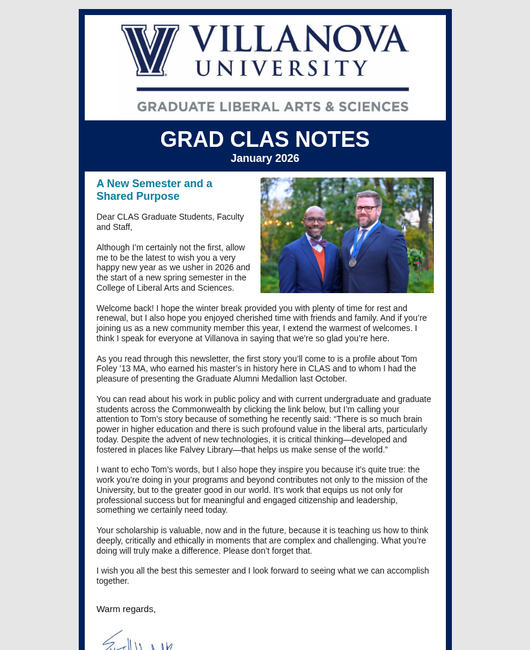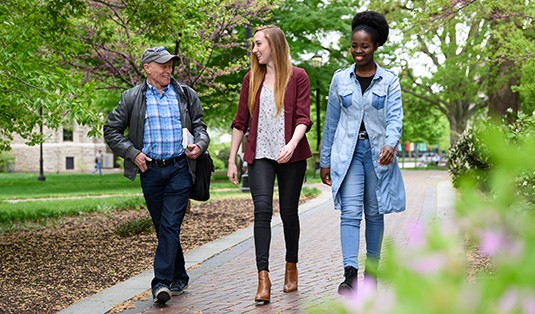Improving the World - Graduate Programs Bridge Gap to Careers and Higher-Level Education
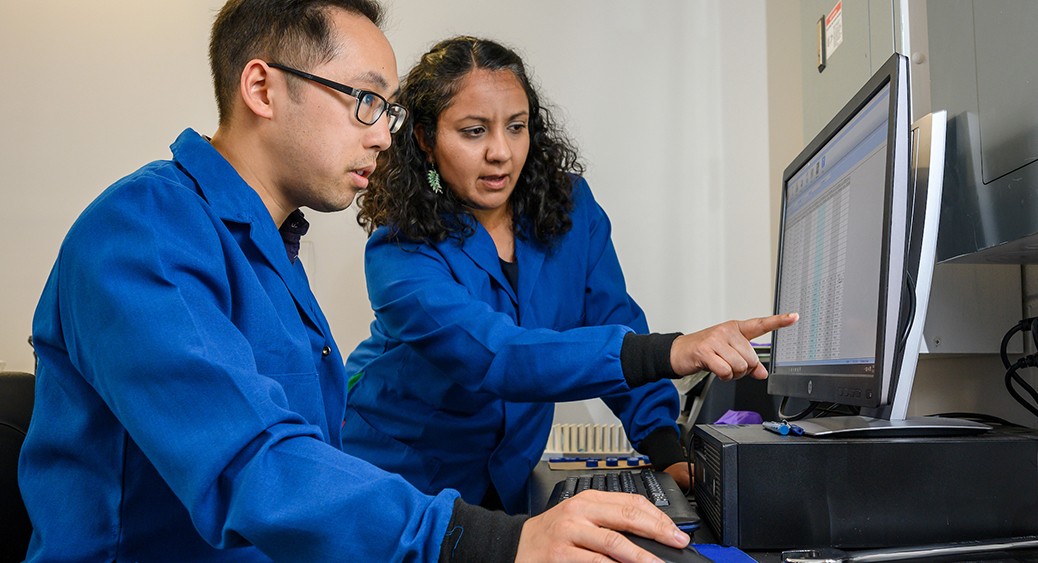
By Michelle Lemieux
This article appears in the Summer 2022 issue of Diversity in Action magazine.
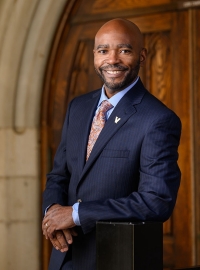
VILLANOVA, Pa. – Villanova University emphasizes and celebrates the liberal arts and sciences as the foundation to all scholastic programs. Fostering academic excellence while honoring its values and traditions as a Catholic University, Villanova gives students the chance to grow within a diverse and supportive environment.
While it offers two PhD programs, Villanova’s College of Liberal Arts and Sciences maintains a unique niche in academia as it provides a bridge to careers or further graduate study through its diverse offering of master’s-level programs. Students have the ability to choose from more than 20 master’s degrees and 40 graduate certificates in disciplines such as humanities, social sciences, mathematics and sciences.
“Robust support of master’s-level education is a distinctive feature of our graduate programs because not everyone is sure that they want to pursue a PhD after completing their undergraduate degree,” says Emory Woodard, PhD, Dean of Graduate Studies. “Our program offers students the ability and time to decide in a supportive environment.”
Smaller cohorts and specialized attention are some of the benefits of the program, as Villanova provides its students with a high-level graduate education experience. Taking an interdisciplinary approach to learning from a dedicated faculty with classes available on campus, online, hybrid and full- and part-time, Villanova is creating opportunities for students who otherwise might not have had an option to extend their education.
The school’s holistic admissions approach, championed by Dr. Woodard, also brings in a diverse group of students, as it doesn’t just look at one standard in applicants. “Villanova wants to know students as people, so activities outside the classroom, life experiences, test scores and academic rigor all play a part,” says Dr. Woodard.
Giving students the chance to pursue their academic potential is made accessible through financial assistance programs, including Villanova’s Presidential Fellowship, which provides stipends and tuition remission across all disciplines. Only the most qualified candidates are selected and rewarded for their excellence based on what their diversity and differences will contribute.
“Our students are interested in creating a better world,” says Dr. Woodard. “They want to make an impact and are engaged in issues related to social justice and ethical and moral leadership, which is a huge part of our mission.”
The College’s Environmental Science Program is just one of the disciplines that brings this mindset to the forefront of confronting change. A “small but mighty program,” Dr. Woodard says the master’s in environmental science is growing in popularity because of students’ interests in combating climate change and other complex environmental problems.
With degrees available in Applied Statistics, Biology, Chemistry, Computer Science, Environmental Science, Mathematics, and Software Engineering, among others, students find themselves in a variety of professions within pharma, research-based industries, medicine, government and non-profit.
“Diverse voices provide greater innovation and development in sciences so we can see problems we are facing from different viewpoints,” Dr. Woodard said. “Our students are charting their own course while truly changing the world.”
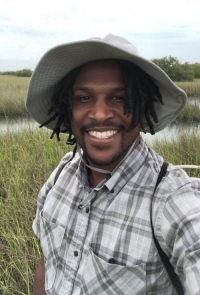
Student Spotlight - Damir Creecy, MS in Biology
Damir Creecy’s level of enthusiasm speaking about mangrove trees is contagious. A Villanova graduate student studying Biology with a concentration in Ecology, his love of nature began when he moved from the concrete streets of Philadelphia to the greenery of Portland, Oregon.
“I wasn’t exposed to much nature growing up in Philly but when I got to Oregon, I was inundated with nature, which evolved into a love of science and animals, and nature as a whole,” he says.
Creecy landed at Villanova after achieving his bachelor’s degree in Ecology and Evolutionary Biology from the University of Delaware. He went on to work within the industry but wasn’t happy making pesticides, so he began exploring what opportunities were available and of interest to him.
He discovered research by Samantha Chapman, PhD, a professor of Biology at Villanova, and was instantly enamored. Finding her work “so compelling,” he knew graduate study in Villanova’s College of Liberal Arts and Sciences was for him.
“I was initially very impressed with the graduate program and after learning about Dr. Chapman’s research, and the incredible faculty who was willing to help with everything, I knew Villanova was a place I could freely do research that I might not be able to do at other schools,” he notes.
Creecy said the financial freedom he received from tuition remission makes the program attainable for budding scientists, especially underrepresented students. While there is a small community of black scientists, he says the first step is making students aware that these opportunities exist. Since science is so regimented, he says a master’s or PhD is needed to work in the field, so many students leave if they don’t have the right credentials.
“Because of this program, I’m at the forefront of making real change for the environment,” Creecy says. “I’m doing something truly important to improve our climate.”
About Villanova University’s College of Liberal Arts and Sciences: Since its founding in 1842, Villanova University’s College of Liberal Arts and Sciences has cultivated knowledge, understanding and intellectual courage for a purposeful life in a challenged and changing world. With 39 majors across the humanities, social sciences and natural sciences, it is the oldest and largest of Villanova’s colleges, serving more than 4,500 undergraduate and graduate students each year. The College is committed to a teacher-scholar model, offering outstanding undergraduate and graduate research opportunities and a rigorous core curriculum that prepares students to become critical thinkers, strong communicators and ethical leaders with a truly global perspective.

